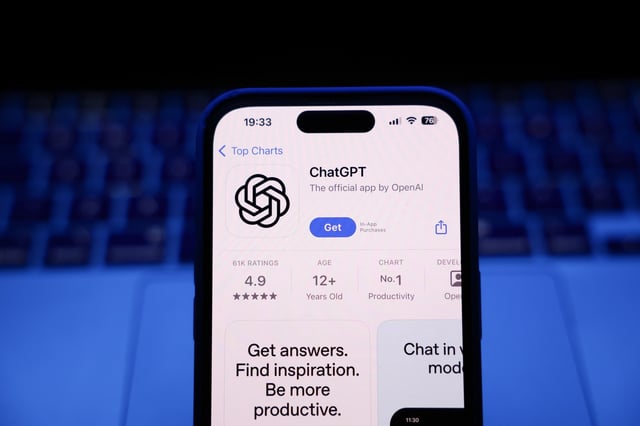Overview
- Two recent studies from OpenAI and MIT Media Lab confirm that frequent ChatGPT users experience higher levels of loneliness and emotional dependence.
- ChatGPT 'power users' are more likely to develop problematic behaviors, including addiction-like symptoms such as preoccupation and withdrawal.
- Voice-based interactions initially mitigate loneliness better than text-based ones, but this benefit diminishes with prolonged use.
- Users engaging with ChatGPT for personal conversations show less emotional dependence compared to those using it for non-personal purposes like brainstorming.
- The findings intensify calls for ethical oversight and regulation of AI chatbots, as their use for companionship and therapy grows globally.



